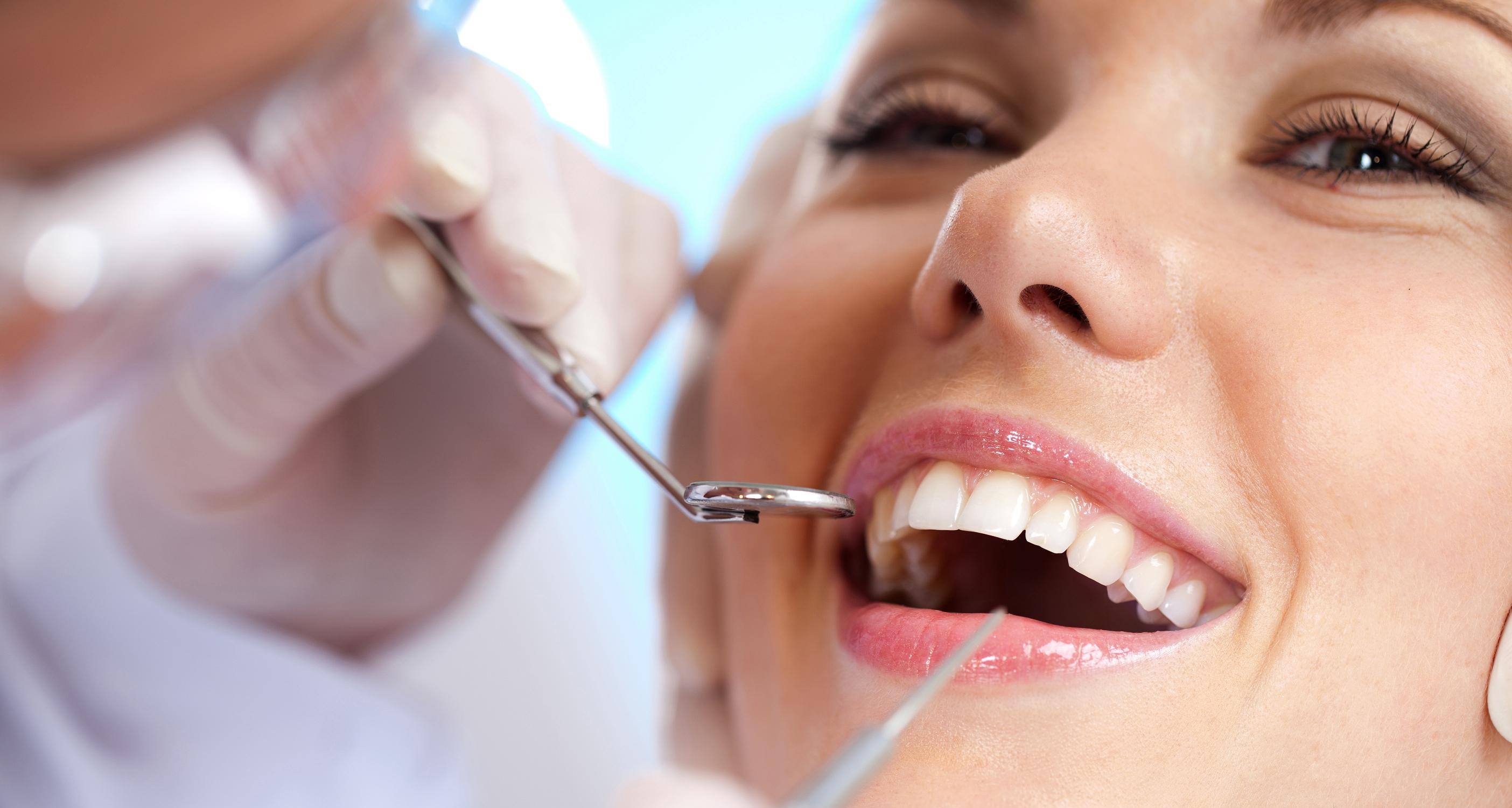If you have ever wondered what the difference is between an orthodontist and a dentist, then you are not alone. Anyone who has not in the past been referred to an orthodontist may well be in the dark, and it is quite common to assume that the one is merely a more formal or upmarket name for the other.
In reality though, there is a major difference between one and the other, and whilst they might both work with teeth, suggesting they are one and the same would be much like suggesting that having a driving licence is the same as being a Formula 1 driver.
HOW ORTHODONTISTS CAN HELP
Orthodontists are specialists, dealing in corrective surgery for teeth to improve the aesthetics or functionality of the mouth along with the surrounding areas of the face and jaw. As a comparison, this makes them the specialists that a GP would refer you to if you had a very specific issue that needed dealing with.
An orthodontist is much more highly trained, specialising in the area of misaligned or damaged teeth, and learning how best to rectify such issues to improve the overall look of the teeth. This is a very important job, and not only will the alignment of teeth make a big difference to how one looks both when they smile and even when their mouth is closed, but the angle of one’s teeth will also affect how easy those teeth are to clean and in turn the overall health of the mouth, teeth and gums.
For those individuals whose teeth are not in perfect alignment or who may have any other specialist issues, an orthodontist will be the person to see, and their expertise will help you get the best possible treatment, whether that be the use of invisible braces, or through delving deeper into the muscle and lip structure to better get even better results.
THE ROLE OF DENTISTS
In our previous analogy, the dentist is the GP to the orthodontist’s specialist. This means that dentists are still extremely important, and just as you would want your GP to see you to offer general health advice or inform of your need for specialist care, it is wise to see your dentist – and even the resident hygienist at your local practice – at least once every six months.
Once you have straight teeth and a healthy mouth, it will be vital to keep things that way, and not only will dentists be able to offer you advice based on your own personal needs (for instance, some individuals are more likely to need fillings that others based on genetic makeup, whilst others may be prone to the likes of gum recession), but they will also be able to help stop any problems that do develop from getting any worse.
For those with any specialist worries, including even slightly misaligned teeth, an orthodontist will very much be the best person to see. However, even once you have had the very best corrective treatment, dentists will still be important to check the overall health of your teeth and to guide you in keeping them as perfect as possible.



Leave a Reply
You must be logged in to post a comment.